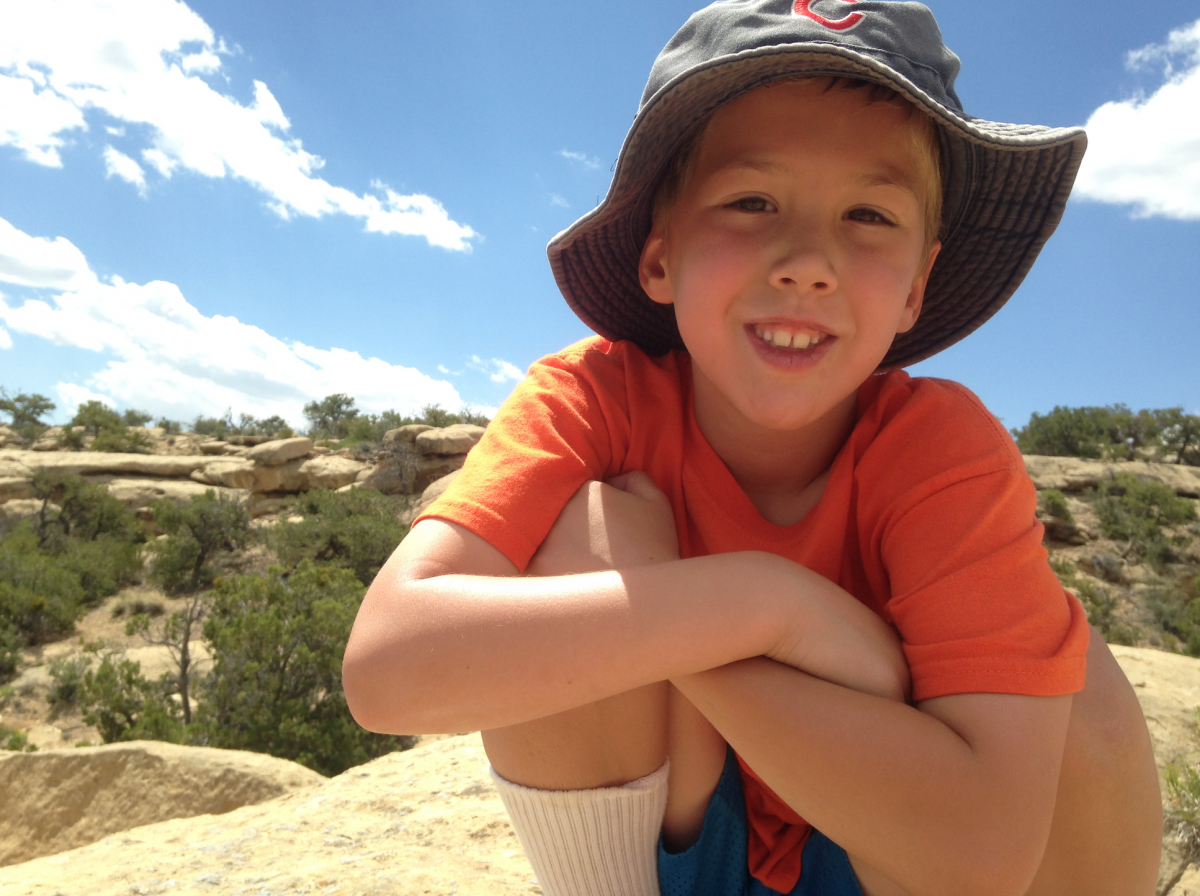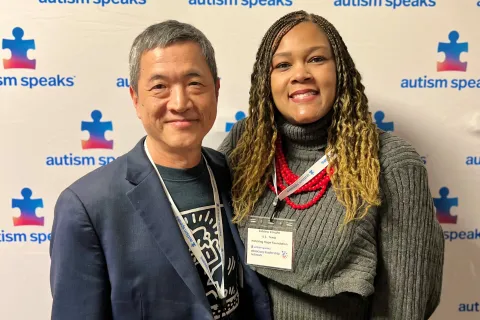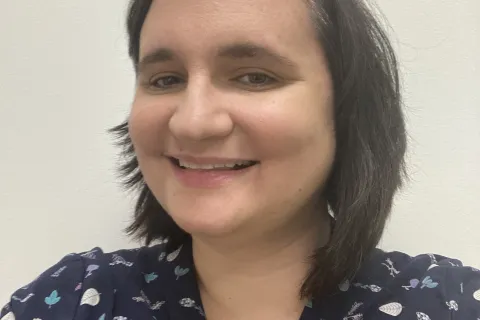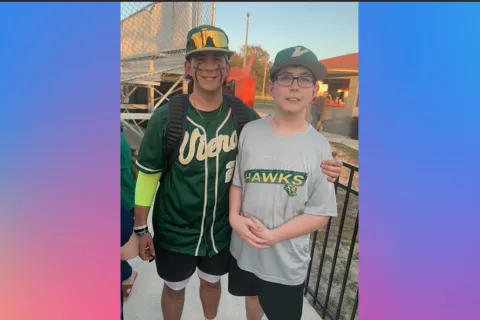With autism, some questions don’t have answers
This blog post is written by Heidi Cox, who lives in Washington State with her husband and three children. She has been published on the MOPS website and in the anthology, Just Moms: Conveying Justice in an Unjust World.
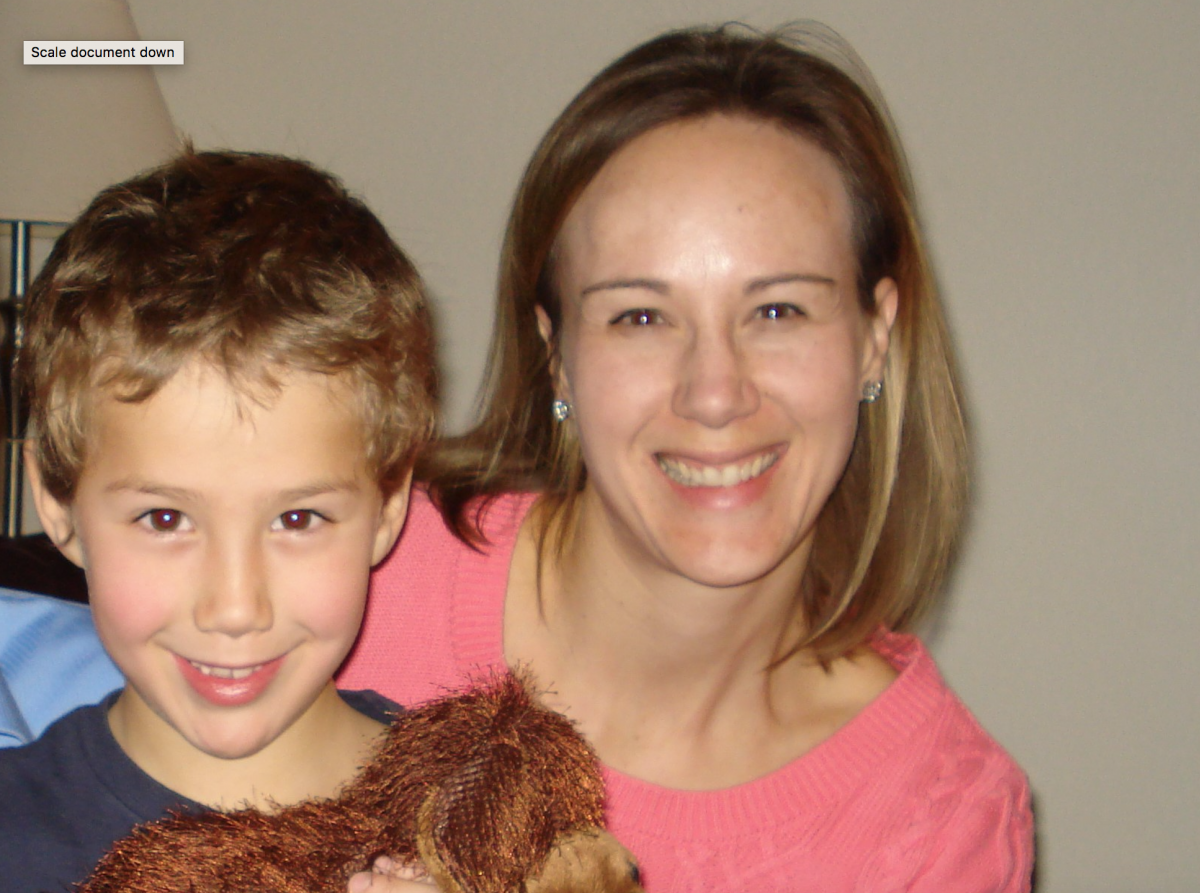
It was like I had just put on new glasses. That’s how I felt when I learned of my son’s autism spectrum diagnosis. My husband and I had hit so many dead ends with trying to find answers, that when we were told it was autism, I felt more relief than sadness. I became determined, like every other mom on the planet, to learn as much as I could, do all the therapy available, and put my new knowledge into practice. I was ready to finally get answers to help him function at a higher level. What I wasn’t ready for was the questions that don’t have answers.
We have done autism counseling and behavioral therapy with our son for 2 ½ years now, and over time we’ve learned a lot. Many issues that were once mysterious now have explanations.
Yet mystery still seems to surround my son like a heavy cloak. It’s like my new glasses worked on some issues, but seemed scratched and warped at other times. Some aspects of his struggles certainly became clearer, while others appeared to intensify over time.
For instance, why can he wear socks with holes in them, as long as they’re his favorite brand, yet cannot tolerate the feeling of a different brand of sock? Why does he go to the bathroom at school, but continues to have accidents at home? Why does he react with hostility when I read out loud from a book, but can listen calmly to a story I simply make up? These are just a fraction of the enigmas about my son’s autism. And I often feel like my pursuit of solutions keeps me from enjoying my child for who he is-- mystery and all.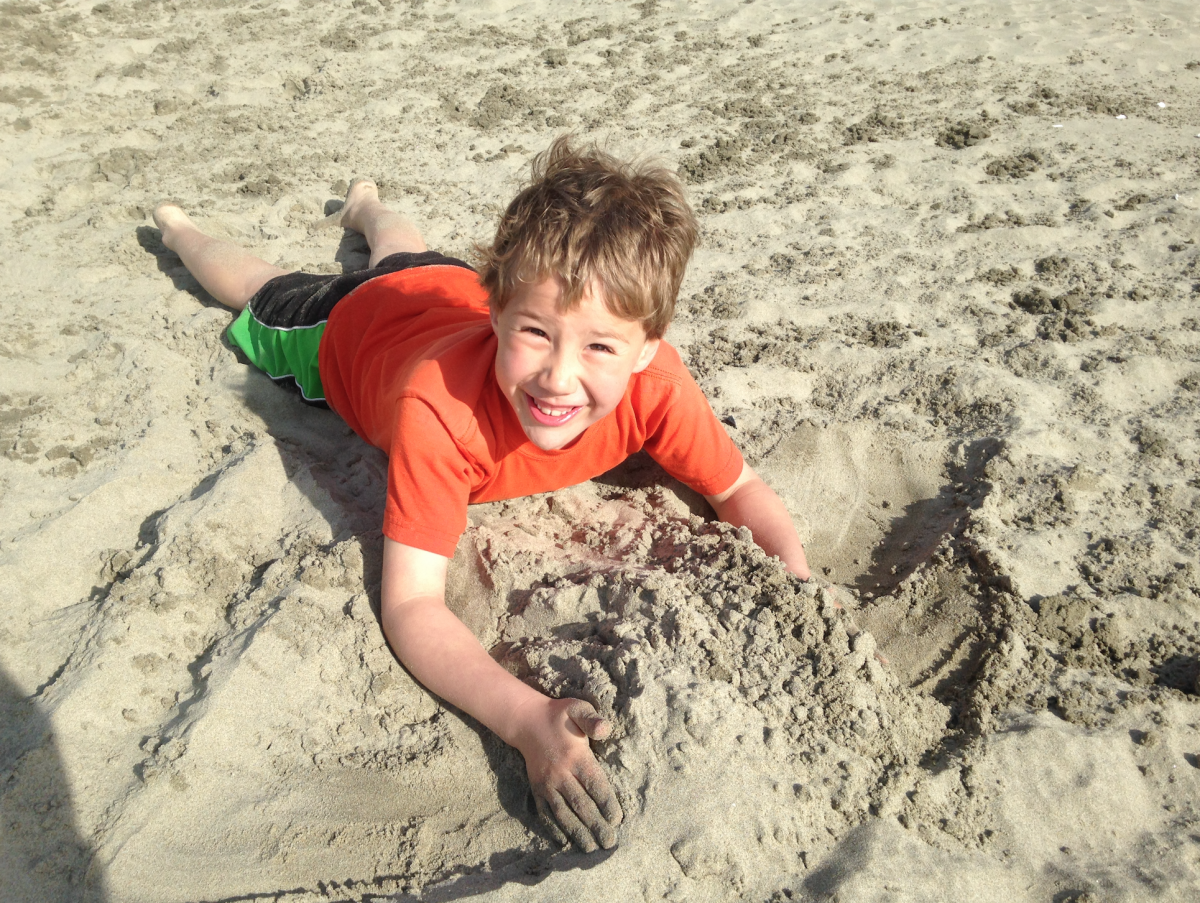
I recently had an experience, though, that altered the paradigm of how I see my son. I found myself sitting with him as he was drawing with chalk on the pavement by our house. Because he’s typically impulsive and active, he rarely sits still long enough to finish a task. But this was a unique moment. He became soft-spoken and introspective as he began slowly and carefully drawing a flower. Working hard to create just the right dimensions, he thoughtfully described the details of how each petal should look, taking deliberate time and effort to replicate them just as he learned in his school art class.
At first, my mind began racing with typical questions: "What made him stop moving and suddenly concentrate? Why doesn’t he do this more often? How can I recapture his good mood and focus for other times?” But my brain felt suddenly exhausted. Weary from the effort of over-analyzing my son’s behavior, I decided to simply enjoy this moment with him. As I let go of my need for clarity, I entered into a surprising and beautiful time of connection. It was a lovely gift to enjoy him without trying to “fix” him.
My son is not a project to finish, not an equation to solve. He is a vast and complex being whose behavior can bring delight and joy in the most unexpected places. Certainly I will never stop in my pursuit of helping him relate to others, and his world, in a meaningful way. But I am now finding wedges of time when I surrender my need for clarity in exchange for the reward of being present with him. When he is in a peaceful mood, I can receive it, saying ‘thank you’ in my heart to God for the blessing of relating with him. And then when just as suddenly and shockingly he bursts into an angry tirade of destruction, I can help him calm down even though my mind can’t comprehend the cause of this new emotional charge.
I am not perfect at this. I still make mistakes every day. But I am growing in my ability to accept the unknowns and enjoy my son, perplexity and all, because he is worth every single unanswered question. Instead of letting the question marks blind me, I am choosing to accept the fact that mystery and my son will always walk hand in hand. I’d rather see my son through foggy glasses, than not see him at all.
